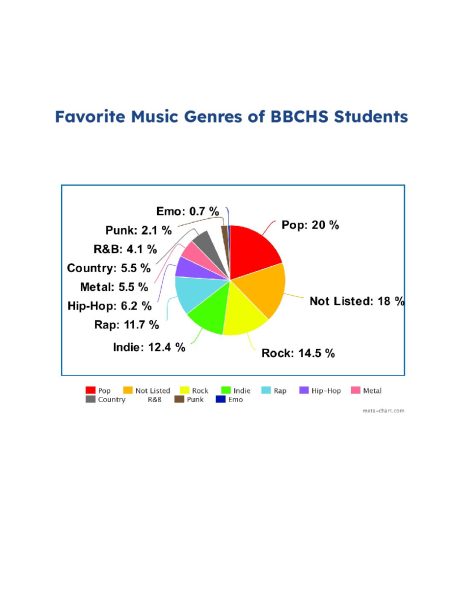OPINION: The Trouble with Legalizing Marijuana
On May 26th of 2019, Governor J.B Pritzker signed a bill to legalize marijuana in the state of Illinois. This law will go into effect on January 1st, 2020. Illinois will be the 11th state to legalize marijuana.
Consumers over the age of 21 will be able to buy marijuana from licensed dispensaries. Consumers will not need a medical marijuana card. Only licensed medical dispensaries will be open come January. The state will slowly begin to give more licenses, expanding into recreational use. However, this process will require a lot of time. According to Illinoispolicy.org, sellers in certain areas will need permission from the county and municipal governments.
The legalization of marijuana brings about a new question: preexisting criminal records of marijuana use. The new law answers this question. Nonviolent criminals convicted of possessing 30 grams or less will have their records referred to governor Pritzker to be pardoned. It is up to the Illinois attorney general to expunge records. Criminals convicted with more than 30 grams in their possession will have to initiate expungement.
Some may argue that the legalization of marijuana will have adverse effects on teenagers. When cannabis becomes legal, use will become more common. If marijuana is grown at home or parents use it, the child may be more likely to try it too. Actions speak louder than words. The human brain is not fully developed until around the age of 25. Using marijuana before this age can cause abnormal brain development. Kaitlyn Dunn, a BBCHS student, agrees with this. She believes the legalization of marijuana will make it more accessible for teens to try. With this drug more normalized, teens won’t see marijuana as a potentially dangerous drug. Stating their opinion on the issue, the American Academy of Child and Adolescent Psychiatry says, “One in six adolescent marijuana users develop cannabis use disorder, a well-characterized syndrome involving tolerance, withdrawal, and continued use despite significant associated impairments. Selective breeding has increased marijuana’s addictive potency and potential harm to adolescents. Heavy use during adolescence is associated with increased incidence and worsened course of psychotic, mood, anxiety, and substance use disorders.” This proves marijuana use in teens is serious.
After legalization in Colorado, the percent of babies born with THC in their system has increased by 15 percent. Hospitalizations and calls to the poison control center have increased dramatically due to marijuana. The homeless population has also risen. Marijuana cases have become more violent and include more firearms.
The other side of the argument focuses on the positives of marijuana legalization. The new law will create more jobs and bring profits under the formal economy instead of illegal dealers; there will be fewer court cases, which will reduce court costs. Having fewer violent crimes will allow law enforcement to use their resources elsewhere. There also will be a significant increase in tax revenue from the sales. Finally, the marijuana will now be tested with government standards, which will increase the level of safety with use. No matter your stance, this new law will have an effect on all of Illinois.

